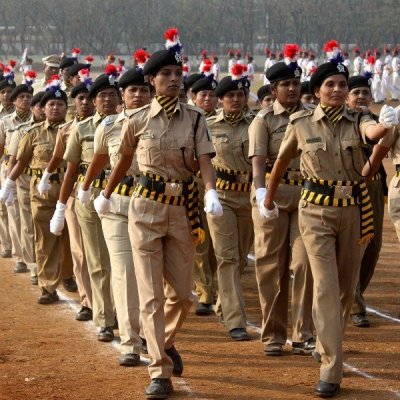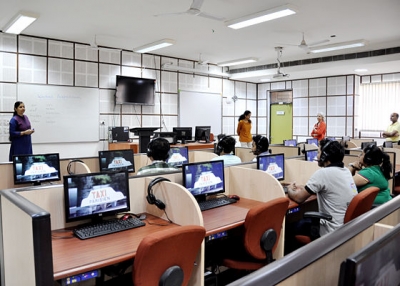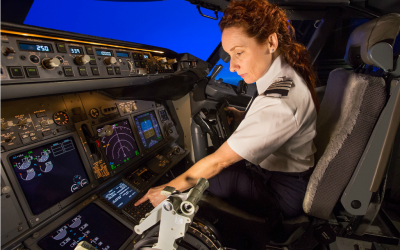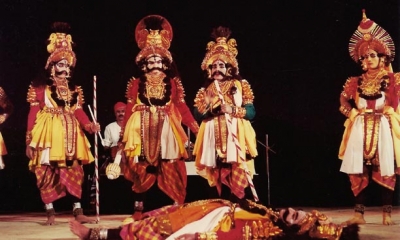Remaining focused

I am a student of class XII and my problem is that I have a low concentration level. No matter what I do, the study-hard phase doesn’t last more than a few days. Then I can’t put my mind to studies. Please give me some tips to improve my memory as well.
If you can concentrate for a few days very well, you can do so for many more days. The ‘study-hard’ phase that you talk about is indeed strenuous and hence, continues only for a few days, after which exhaustion sets in. The best way to handle this is study hard consistently, with adequate rest in between. Normally, a person can work with full concentration for about one to two hours, after which he needs a break. After studying with full concentration for a certain period of time, you find that your grasp of the subject is not as good as it was, or some external environment etc distracts you. At this point, stop studying and take a break of five to seven minutes. This way you will feel fresh and study with concentration. As for improving memory you can do the following:
- Read a lesson once fully and understand the underlying theme clearly.
- Then divide the lesson into six or seven units, which are complete in themselves.
- Now start reading these smaller units with comprehension and extract the main theme out.
- Make a few questions on the passage that you have studied and try answering them.
- Write out what you have learnt and see if you have covered all the points.
- Go over the written material with the book material and fill in the gaps.
If you go through all the above seven steps, you will see tremendous improvement in your memory power.
Picture Credit: Google
 My problem is that I lose my temper very easily. I am also rude to people at home and at school. Needles to say, no one likes that kind of behavior and my mother stops talking to me altogether for several days on end. I want to improve. How do I do that? Are my parents responsible for my behavior?
My problem is that I lose my temper very easily. I am also rude to people at home and at school. Needles to say, no one likes that kind of behavior and my mother stops talking to me altogether for several days on end. I want to improve. How do I do that? Are my parents responsible for my behavior?
 How can I choose other subjects along with biotechnology?
How can I choose other subjects along with biotechnology? After a training schedule in Indian Forest College, Dehra Dun, and at the Lal Bahadur Shastri Academy, Mussourie, one is appointed as assistant conservator of forests.
After a training schedule in Indian Forest College, Dehra Dun, and at the Lal Bahadur Shastri Academy, Mussourie, one is appointed as assistant conservator of forests. Recruitment to the Indian Police Services is done by the Union Public Service Commission (UPSC), over two stages: preliminary, or qualifying stage; and the main stage. This entrance test is common for IAS, IPS and IFS, P&T, and a host of other central government services.
Recruitment to the Indian Police Services is done by the Union Public Service Commission (UPSC), over two stages: preliminary, or qualifying stage; and the main stage. This entrance test is common for IAS, IPS and IFS, P&T, and a host of other central government services.

 I have appeared for the standard X Board exams and hope to study science and clear the MBBS entrance exam. Please tell me how to prepare for the various prestigious medical entrance exams. Should I join a NEET preparatory coaching class?
I have appeared for the standard X Board exams and hope to study science and clear the MBBS entrance exam. Please tell me how to prepare for the various prestigious medical entrance exams. Should I join a NEET preparatory coaching class?





 Dietetics and nutrition are now stepping-stones to high-profile careers in the government, with foreign agencies, at hospitals, schools, colleges, health centers and even in the media. Dietetics is the study of balanced food and helps in identifying the food value of different items and problems arising out of their deficiency. Meaningful job opportunities exist in the field of research, treatment and cure, and community nutrition.
Dietetics and nutrition are now stepping-stones to high-profile careers in the government, with foreign agencies, at hospitals, schools, colleges, health centers and even in the media. Dietetics is the study of balanced food and helps in identifying the food value of different items and problems arising out of their deficiency. Meaningful job opportunities exist in the field of research, treatment and cure, and community nutrition.